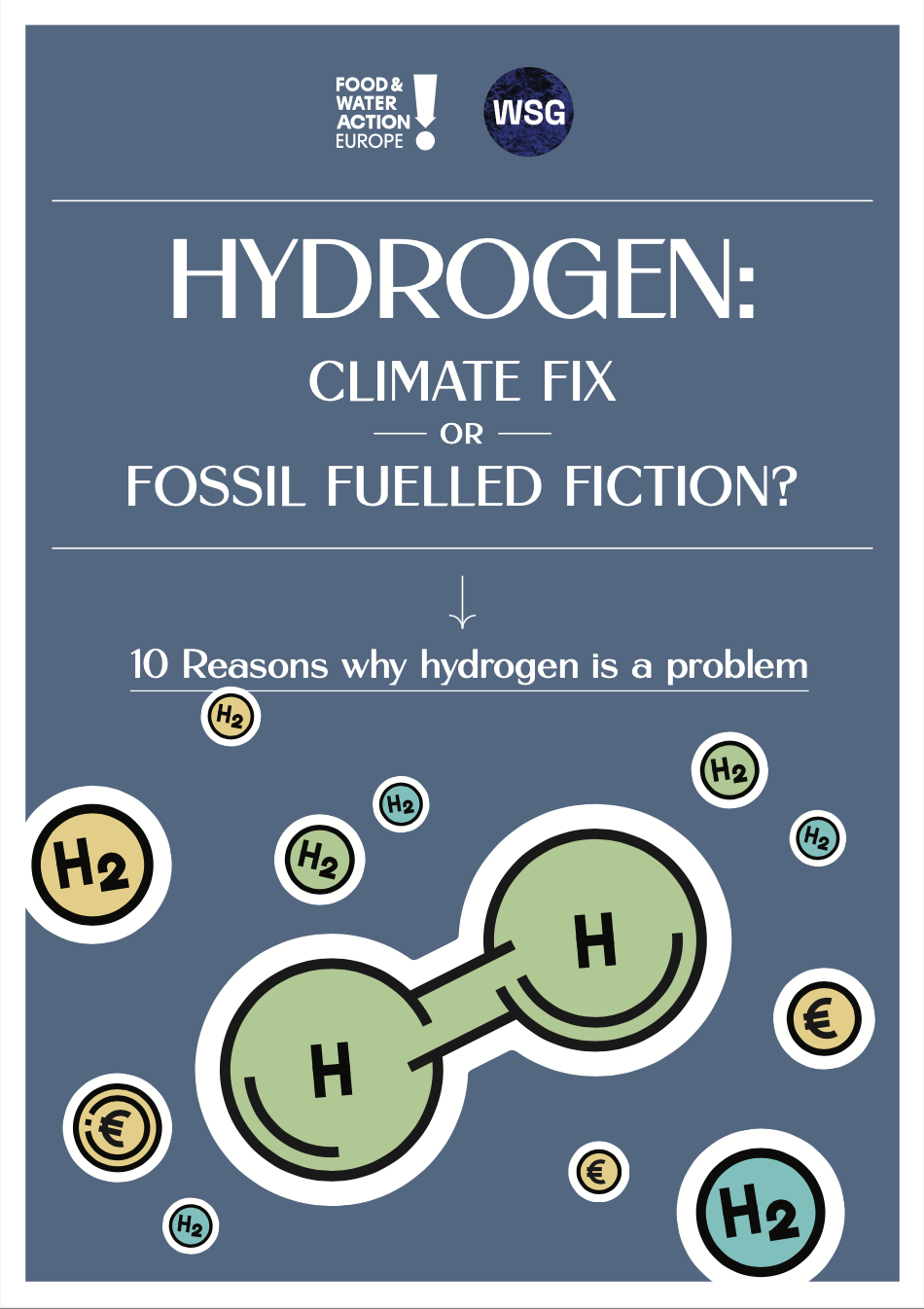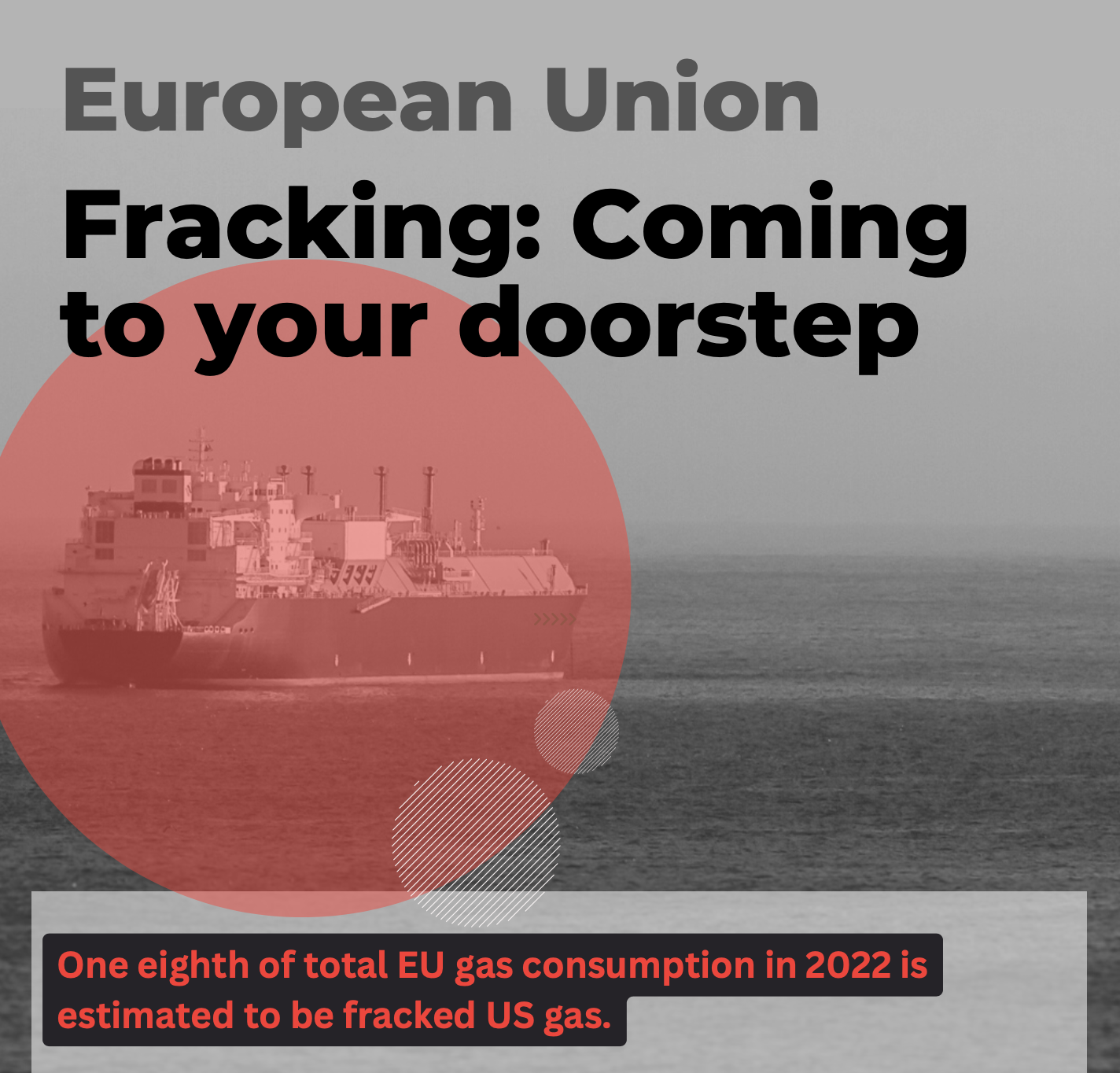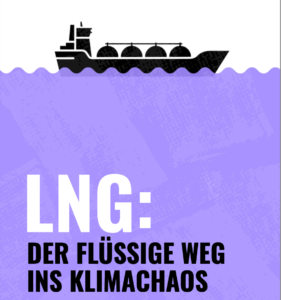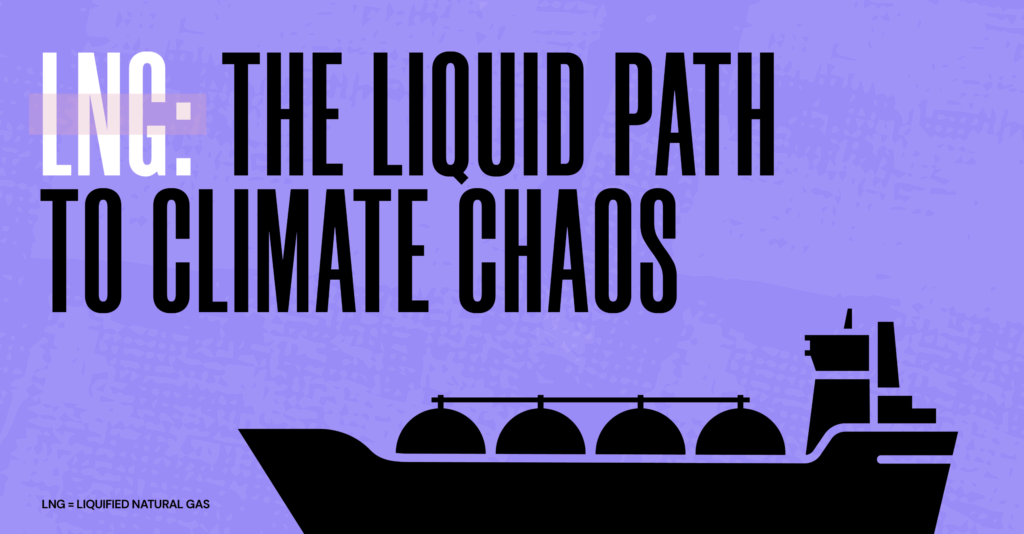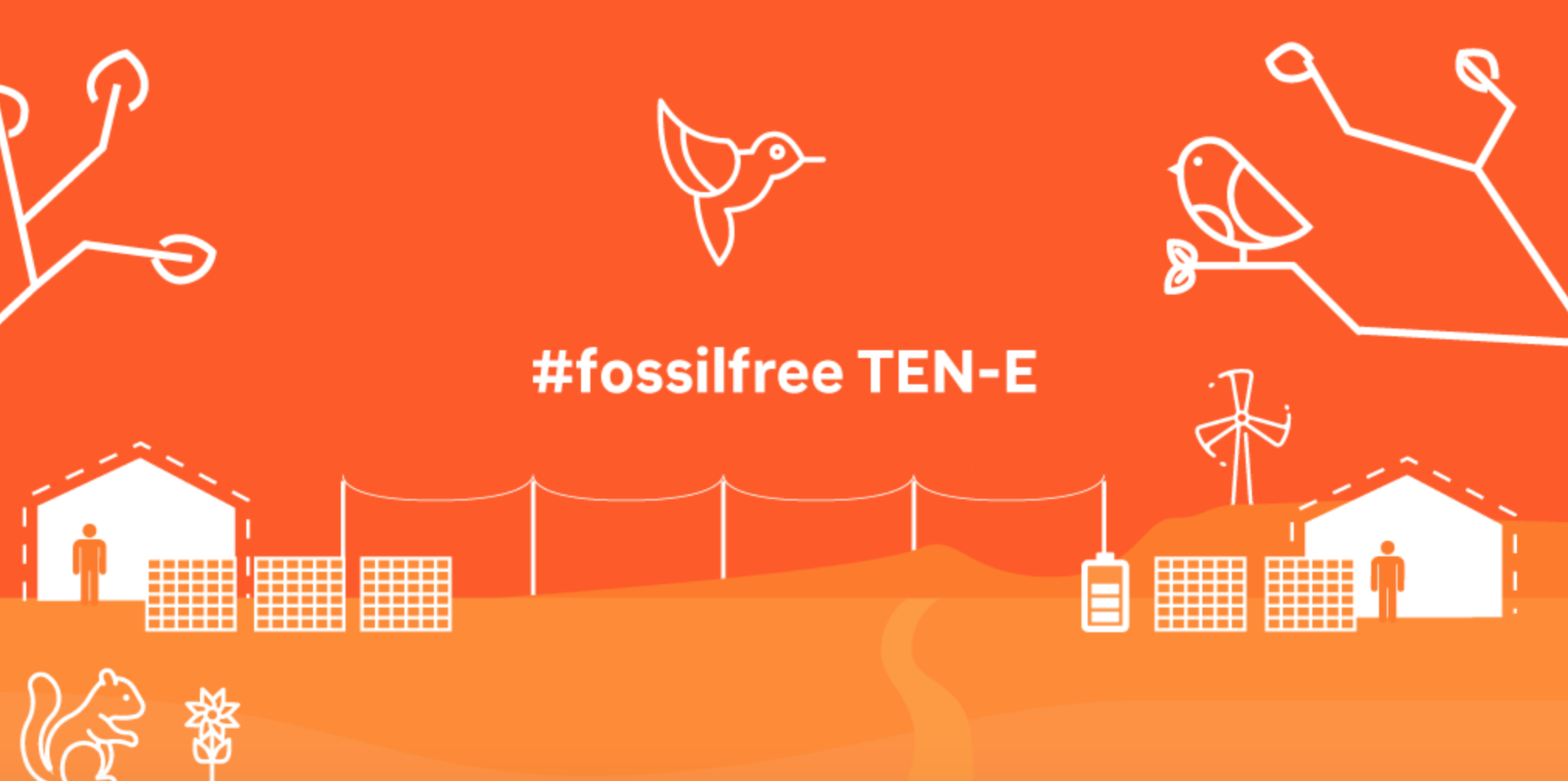Group represents frontline communities from Europe, Mexico and Pennsylvania, along with researchers and international climate campaigners
New York, NY — A group of environmental activists, public health professionals and campaigners who are fighting fracking, climate change, petrochemicals and plastic pollution met with the United Nations to discuss the harms and threats of gas drilling and petrochemical expansion in their communities, and the necessity of stopping further extraction to combat the global climate crisis.
Activists from Mexico, Ireland and Germany were joined by frontline residents and campaigners from Pennsylvania and New York in the meeting with Satya Tripathi, UN Assistant Secretary-General and Head of New York Office at UN Environment.
The meeting was the result of an open letter sent to the United Nations Secretary-General António Guterres last September. That letter — organized by Food & Water Action, its European arm Food & Water Europe and the Breathe Project in Pittsburgh — was signed by nearly 460 grassroots groups, faith communities, celebrities, activists and organizations, including actors Mark Ruffalo, Emma Thompson and Amber Heard, authors and activists Naomi Klein, Bill McKibben, fashion icon Vivienne Westwood and her son Joe Corré as well as iconic children’s singer Raffi.
As the groups wrote to Secretary General Guterres, the “continued production, trade and use of fracked hydrocarbons for energy, petrochemicals and plastics torpedoes our global efforts to tackle climate change and violates basic human rights.”
The groups appealed to the United Nations to consider the critical findings it has issued over the years. The Committee on Economic, Social and Cultural Rights (CESR) and the Committee on the Elimination of Discrimination Against Women (CEDAW) have expressed concern that fracking will make it all but impossible to achieve emissions reductions targets outlined by the Paris Agreement, as well as the impacts of fossil fuel drilling on human rights. As early as 2012, the U.N. Environment Programme (UNEP) issued a “Global Alert” on fracking, concluding that it may have adverse environmental impacts under any circumstances.
All speakers will appear at an evening event, “Global Impacts of Fracking: From Pennsylvania to Europe and Back,” at the CUNY School of Law in Long Island City on the evening following the UN meeting. They will be joined by Rolling Stone journalist Justin Nobel, who will discuss his bombshell article on fracking and radioactivity.
Quotes:
“Fracking has been linked to radioactive brine, higher rates of cancer and nervous, immune, and cardiovascular system problems,” highlights Dr. Sandra Steingraber, Concerned Health Professionals of New York together with Dr. Ned Ketyer, Physicians for Social Responsibility Pennsylvania. “The gathered scientific evidence shows that women, industry workers, communities of color, and the poor are especially vulnerable to environmental injustices and harm to health and safety from fracking.”
“The petrochemical industry has teamed up with the fracking industry to benefit from cheap fracked ethane to produce more unneeded and environmentally destructive plastic,” says Michele Fetting, Breathe Project together with impacted local activist Lois Bjornson. “Families are suffering from the effects of contaminated air and water and there is increasing fear as fracking activities and the petrochemical build-out show no sign of slowing down.”
The promise of our current president to stop fracking in Mexico has not been met. All legislation favors the industry in disregard of the rights of communities in extraction areas, underlines Claudia Campero, Alianza Mexicana contra el Fracking, Mexico.
Eddie Mitchell, Love Letirim, Ireland, adds: “Now that we stopped fracking in Ireland, we’re also forced to fight the fracking industry from infiltrating our energy markets through import pipelines and LNG terminals – undermining all our efforts to move forward towards a clean energy future.”
“After over four years of evidence gathering, the Permanent Peoples Tribunal judges on Human Rights, Fracking and Climate Change recommended in 2019 that fracking be banned and that the Special Rapporteur on Human Rights and the Environment be asked to investigate the violations of the rights of humans and nature by the Unconventional Oil and Gas Extraction industry,” said Scott Edwards and Andy Gheorghiu, Food & Water Action US and EU. “It’s time for the UN take action and finally recommend a global ban on fracking to tackle one of the worst crises in human history.”
Talk Fracking founder Joe Corré says: “Countries like Britain are employing smoke and mirrors strategies to continue fracking while pretending they’re not. The United Nations must impose a global fracking ban for the sake of humanity. Fracking simply puts another log on the fire of the Climate emergency. It’s no bridging fuel. It’s fossil fuel’s last stand.”
Fashion icon Dame Vivienne Westwood adds: “If we’re serious about saving the planet from Climate devastation, then Fracking – or any other form of extreme energy extraction under a different name – like Acidisation – must be totally outlawed”.
